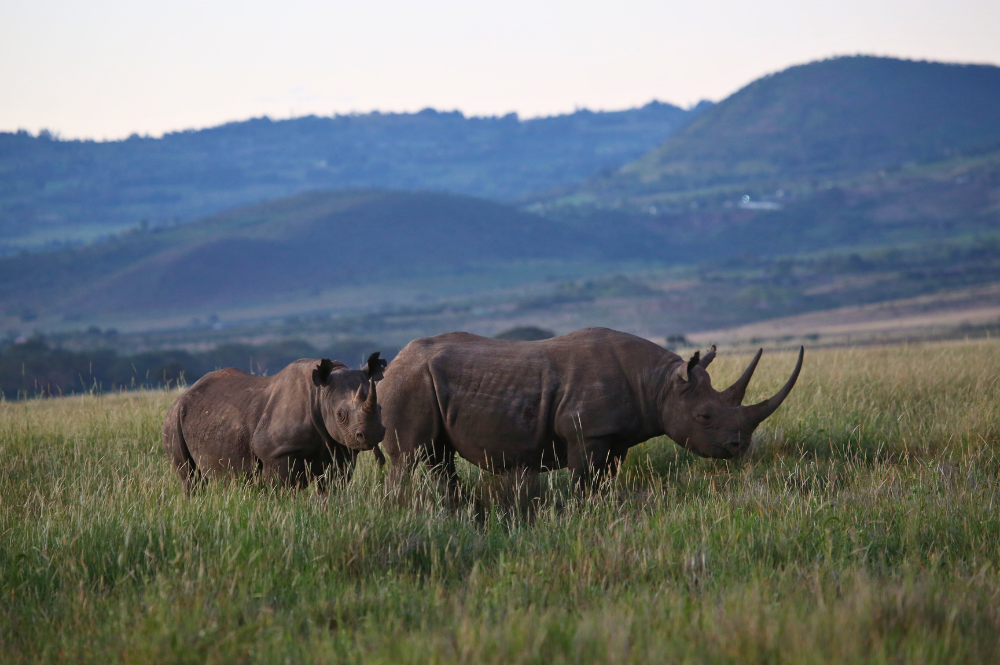A recent report by WWF highlighted a 73% decline in wildlife populations since 1970. In just 50 years, we have lost almost three quarters of the world’s wildlife. Yet, as we know, healthy ecosystems are essential for our future and a resilient and productive planet.
Biodiversity supports the natural ecosystems that we all rely on. From clean water and food to culture, identity and spiritual connection, nature benefits all our lives. As biodiversity declines, so too do the environments that we all need to survive. With more and more species under threat, the need for countries to work together to boost global biodiversity is ever more important. One way this collaboration takes place is through the Convention on Biological Diversity (CBD).
What is the Convention on Biological Diversity?
The CBD is an international agreement focused on conserving biodiversity, promoting sustainable use, and ensuring fair benefits from genetic resources. All Parties, or countries which have signed up, to the Convention (currently 196) have committed to supporting and working towards its core objectives
Right now, Parties are meeting at the 16th Conference of the Parties (CoP) in Columbia. The CBD CoP, held every two years, brings representatives from all the Parties together to assess biodiversity progress and set international targets to protect it.
Why This CBD is Important
At the 15th CoP in Montreal, Canada during December 2022 all the Parties agreed to protect 30% of Earth’s lands, oceans, coastal areas, and inland waters; reduce harmful government subsidies by $500 billion annually; and cut food waste in half by 2030.
These are ambitious, but vital, goals – and tracking progress towards them can be challenging. Discussions during the 16th CoP are highlighting each country’s actions through individual national biodiversity strategies and – crucially – discussing how such strategies will be funded.
Why Does This Matter for Rhinos?
Of course, we want all five rhino species to thrive because we think rhinos are magnificent(?)However, rhinos are not only important in and of themselves, they play a critical role for other species ,landscapes and people, too.
Rhinos need for big safe spaces, full of diverse plant species, enough water and room to meet mates and bring new calves into the world, therefore rhino conservation comes hand in hand with protecting large swathes of land. These spaces are also home to many other species, from big mammals like elephants and lions and tigers(?), to less often lauded but equally important species of birds, insects, plants, fungi and even bacteria! By securing and conserving the places that rhinos live, we are protecting so much more too.
Nature knows no borders and no one country can save rhinos alone. CITES (the Convention on Illegal Trade in Endangered Species of wild fauna and flora) is the international body that regulates cross-border trade in wildlife products and addresses threats associated with rhino horn trafficking and poaching. However, the CBD CoP will also provide an opportunity for collaboration. As we approach the CITES CoP20 at the end of 2025, the CBD CoP16 is laying the groundwork for discussions on how tackling illegal trade can help combat biodiversity loss.
What’s Next?
Global conferences like the CBD CoP16 are vital to bring nations together, call for change and foster collaboration to save the planet for people and nature. Yet, to make a real difference, they must result in need strong, dedicated action. As the CBD draws to close, we’re excited to see what the Parties have committed to in terms of achieving and what concrete steps come next.








